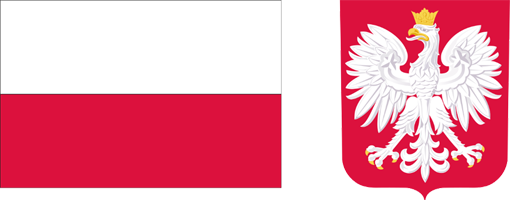Current issue
Archive
About the Journal
Aims and Scope
Advisory Board
Members of the Editorial Board
List of reviewers
Publishing process
Publishing Ethics and Malpractice Statement
Personal data protection (GDPR)
Creative Commons License
CrossRef Member / Similarity Check
For Authors
Call for papers
Guidelines for authors
Submitting a manuscript through the editorial system – step by step
For Reviewers
Peer review process
Guidelines for reviewers
Submitting a review – step by step
Contact
RESEARCH PAPER
DEVELOPMENT STRATEGIES OF URBAN FARMS IN DEVELOPED COUNTRIES ON THE EXAMPLE OF RUHR METROPOLIS (GERMANY) AND UPPER SILESIA METROPOLIS (POLAND)
1
Uniwersytet Rolniczy im. Hugona Kołłątaja w Krakowie
2
Szkoła Główna Gospodarstwa Wiejskiego w Warszawie
3
South-Westphalia University of Applied Sciences, German
Acceptance date: 2016-09-12
Publication date: 2016-09-12
Zagadnienia Ekonomiki Rolnej / Problems of Agricultural Economics 2016;348(3):67-92
KEYWORDS
ABSTRACT
Development of various forms of agricultural activities in urban areas in developed countries is becoming increasingly important. This is due to a very high intensity of urbanisation and suburbanisation processes. The owners of farms located in areas of direct impact cities operate in a challenging market, where strong completion for land, local regulations on land development and planning often significantly hinder development and even maintaining agricultural production. Thus, to increase the chances of survival and development, managers of the holdings must apply business model adequate to local conditions. The aim of this study was the characteristics of the different business models on the example of 20 urban farms located in the Ruhr and Upper Silesia Metropolis. Results demonstrated that, in principle, there are 3 main business models, i.e. diversification, specialisation and differentiation. The choice of a particular business model is derived from the local natural and cultural resources, owned land and capital, but also it is very dependent on knowledge and expertise of farm managers.
We process personal data collected when visiting the website. The function of obtaining information about users and their behavior is carried out by voluntarily entered information in forms and saving cookies in end devices. Data, including cookies, are used to provide services, improve the user experience and to analyze the traffic in accordance with the Privacy policy. Data are also collected and processed by Google Analytics tool (more).
You can change cookies settings in your browser. Restricted use of cookies in the browser configuration may affect some functionalities of the website.
You can change cookies settings in your browser. Restricted use of cookies in the browser configuration may affect some functionalities of the website.



